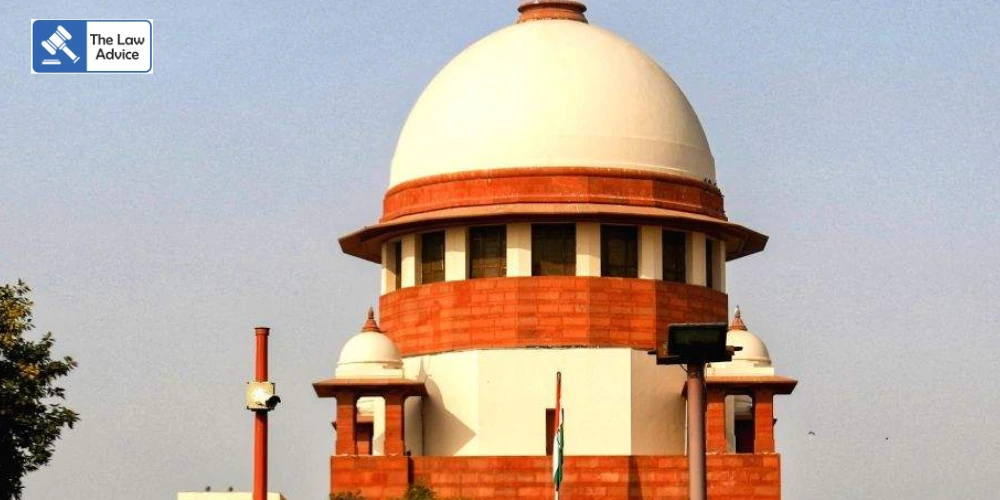
The Supreme Court on Friday indicated that the ban on firecrackers, presently applicable to Delhi-NCR, may need to be extended across the entire country, stressing that the right to breathe clean air cannot be confined to a single region.
A Bench comprising Chief Justice B.R. Gavai and Justice K. Vinod Chandran was hearing the long-pending case of MC Mehta v. Union of India (WP (C) 13029/1985), which deals with air pollution arising from sources including firecrackers and stubble burning.
Earlier, a Bench of Justice Abhay S. Oka and Justice Ujjal Bhuyan had directed the governments of Uttar Pradesh, Haryana, and Rajasthan to impose a complete prohibition on firecrackers in the NCR under Section 5 of the Environment Protection Act, 1986. As a result, firecrackers have been banned across Delhi-NCR in line with the Court’s orders.
During today’s hearing, Amicus Curiae, Senior Advocate K. Parameshwar, submitted that a seasonal ban between October and February might be justified to tackle winter smog, but a complete prohibition on the manufacturing, trading, and sale of firecrackers nationwide would severely impact livelihoods.
The Chief Justice, however, questioned the logic of confining the ban only to the capital region. “If citizens in Delhi-NCR are entitled to clean, pollution-free air, why should citizens in other parts of India be deprived of the same right? Just because the Supreme Court is in Delhi, can we allow special treatment to the capital while the rest of the country suffers?”
Additional Solicitor General Aishwarya Bhati, representing the Union Government, defended the NCR-specific restrictions, stating that air quality in Delhi during winters deteriorates so drastically that “we literally choke, it becomes impossible to breathe.”
The Chief Justice disagreed with the notion that air pollution is a Delhi-centric problem. Citing his personal experience, he recalled: “Last winter in Amritsar, I was told the pollution levels in Punjab were worse than in Delhi. Therefore, the solution has to be on a pan-India basis. Citizens of Delhi are not elite citizens of this country to deserve exclusive relief.”
The ASG countered that pollution is not an “elite issue,” observing that while wealthier citizens can escape the capital during Diwali, the poor and labourers—without air purifiers—remain the worst affected.
Directing the Union to gather inputs, the Bench asked the Commission for Air Quality Management (CAQM) to provide an updated report on the state of air pollution in Delhi-NCR. The matter has been posted for further hearing on September 22, 2025.
Website designed, developed and maintained by webexy